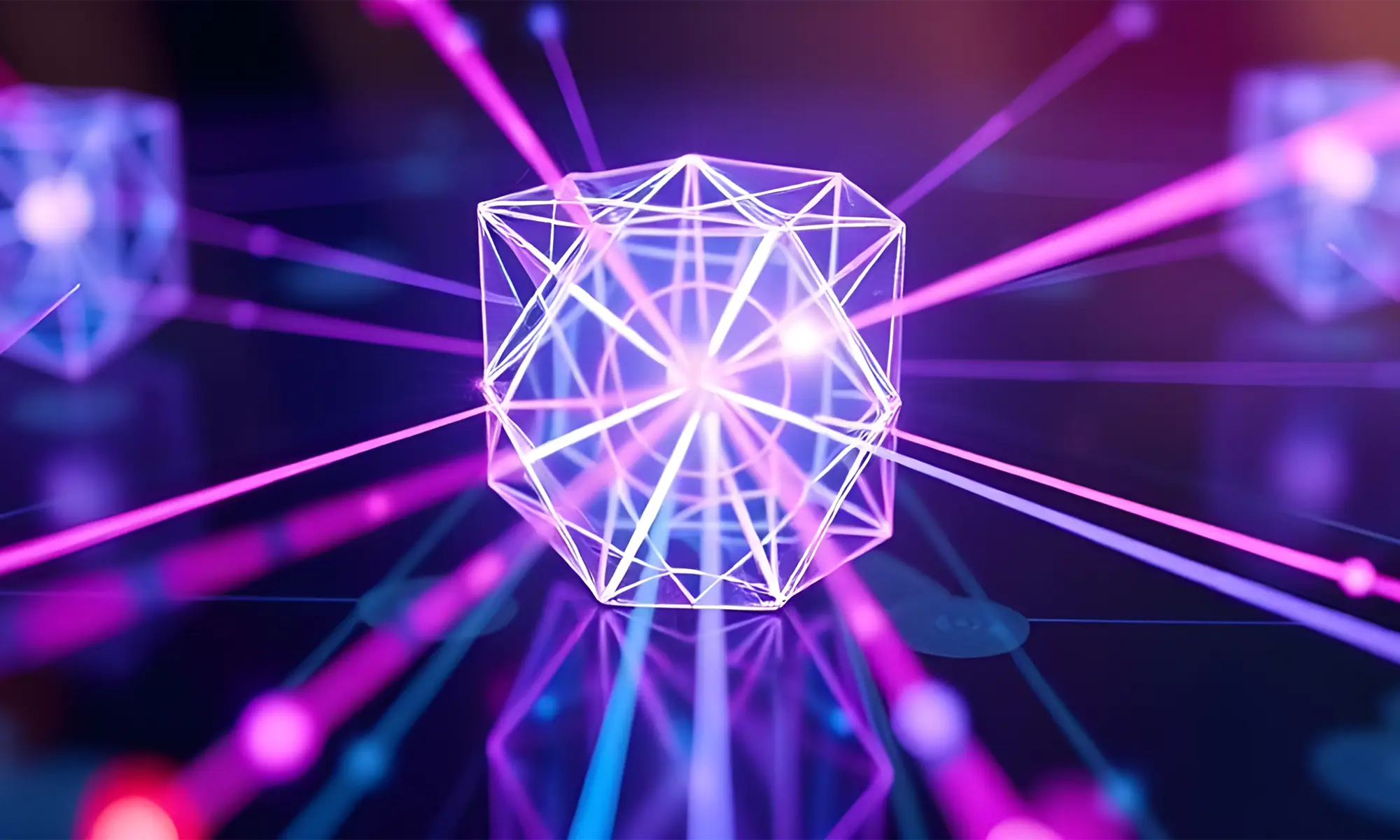
Breakthrough in Quantum Measurements Enhances Speed and Accuracy with Extra Qubits for Advanced Quantum Technologies
Quantum physicists have devised a mechanism for speeding up quantum measurements while maintaining precision, overcoming a major barrier to quantum technology. The team, lead by the University of Bristol, used more qubits, the fundamental units of information in quantum computing, to “swap space for time.” This method enables researchers to collect more information in less time, considerably speeding up the measurement without compromising accuracy. The team’s technique, which includes prominent researchers from multiple major universities, might quickly become a common tool as the race to develop the most powerful quantum devices continues.
A major obstacle for quantum technology, speeding up measurements without sacrificing accuracy, has been solved by quantum scientists. They skillfully added more qubits, trading “space” for time, allowing them to collect more data more quickly without upsetting the delicate quantum systems. The race to quantum dominance is intensifying, and this novel approach—which involves leading researchers from multiple major universities—may soon become a common tool.
A Novel Development in Quantum Measurements: Enhances Speed and Accuracy with Extra Qubits
In order to advance the next generation of quantum technologies, researchers have found a new way to speed up quantum measurements.
Future quantum devices must have quick and precise quantum measurements. But because quantum systems are so delicate, even minor disruptions during measurement can result in large inaccuracies. Up until this point, scientists had to choose between making quantum measurements faster or more accurate, but not both at once.
This trade-off has now been broken by a group of quantum physicists led by the University of Bristol and reported in Physical Review Letters.
Why Additional Qubits Are Important in Quantum Measurements: Enhances Speed and Accuracy
The team’s strategy is to “swap space for time” by employing more qubits, which are the basic information units of quantum computing. Superposition is the ability of qubits to exist in numerous states at once, in contrast to the straightforward binary bits seen in conventional computers.
To measure a qubit with great certainty in quantum computing, one usually needs to probe it for a considerable amount of time. However, researchers can drastically speed up the measurement without sacrificing precision by adding more qubits to the process, which allows them to collect more data in less time.
Explaining the Idea Using a Common Analogy

According to Chris Corlett, the initial author of the research and a PhD candidate at the University’s School of Physics, “imagine you are presented a picture of two glasses of water – one with 25ml and the other with 20ml, and you have to judge by sight which glass has more water in it.” If the image is displayed for just one second, you may find it difficult to determine which glass is fuller; but, if the image is displayed for two seconds, you can be more certain that you selected the glass with more water in it.
We can be more certain of our response in our method as adding a second qubit increases the quantity of data the probe can collect in a predetermined period of time. By adding the qubit, the volume of each glass is doubled to 50 ml and 40 ml, making it easier to determine which is more filled in less time because of the larger volume difference.
Research Collaborations at Top Universities
Along with supervisors from the University of Oxford, Strathclyde University, and Sorbonne Université in Paris, Chris’s supervisors, Professor Noah Linden, Professor of Theoretical Physics, and Dr. Paul Skrzypczyk, Associate Professor of Physics, helped him make the discovery.
Interestingly, the team’s procedure enables a measurement’s quality to be preserved or even improved while it is accelerated. The technique might work with several of the most popular quantum hardware platforms. The technique may become a standard component of the quantum read-out procedure as the world competes to develop the highest-performance quantum technologies.
Reference: “Speeding Up Quantum Measurement Using Space-Time Trade-Off” by Christopher Corlett, Ieva Čepaitė, Andrew J. Daley, Cica Gustiani, Gerard Pelegrí, Jonathan D. Pritchard, Noah Linden and Paul Skrzypczyk, 27 February 2025, Physical Review Letters.